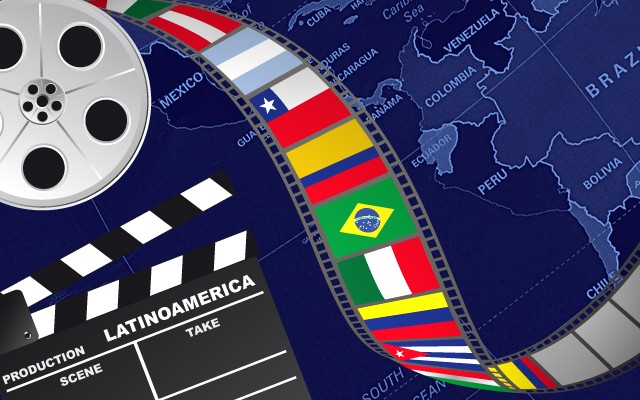
Course description:
This course is a discussion-intensive, interdisciplinary class that will cover ideas, events and aesthetics that have shaped the modern and contemporary Latin American film production. A selection of most significant works of major filmmakers will be studied in the context of historical and socio-political developments from 1950’s to the present time. Through an examination of relevant films the course will present an overview of the historical themes and cultural tensions arising in Latin America during the last 70 years.
We will search for answers to the following questions: How and why have representations of the Latin American experience has changed overtime. How are political, social and economic events influencing artistic representations? How do national identities and cultural projects are shape in the Latin American context? What alternative cultural representations have emerged from the contemporary Latin American filmmakers?
COURSE OBJECTIVES
Students will obtain a broadened perspective on the transformations of Latin American film production. Students will have an understanding of how film representations have changed ultimately driven by specific historical, political, economic, ideological and cultural forces at play in the region.
LEARNING OUTCOMES:
At the end of this course, the student should be able to:
- Learn about the history of the Latin American region through the cinematic expression.
- Identify, analyze and discuss key films representing critical experiences in modern and contemporary Latin America.
- Discuss the cultural and historical forces driving common film representation of the Latin America
- Reflect in depth on the variety of issues surrounding the formation, cultural history and contemporary complexities of Latin America
- Discuss the impact of Latin American films in the present global culture
- Teacher: Luis Pena